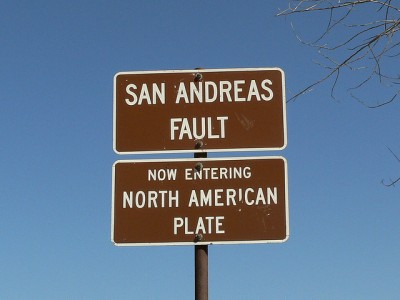
Together, we have reached the last leg of our journey through the text of the Torah, coming to the fifth and final book, Devarim, or Deuteronomy. In Parshat Devarim, from which the entire book gets its name, the Jewish people stand at the foot of a mountain, on the last leg of their own journey to Israel, as Moses recalls the details of their long Exodus through the wilderness. Starting his epic speech, Moses gathers all of Israel together, speaking to the entire nation.
Pessimists rejoice as Moses starts his speech by recalling the negative, the sins that the Israelites have committed during their time with him. Rashi, the famed 11th century Torah commentator, has a problem with this. No, not with Moses recalling sins, Rashi understands that people who do wrong need to be yelled at, rather he questions why everybody had to be there for the reprimand.
Rashi’s answer is that Moses speaks to all the Jews so that nobody can say, “You heard from the son of Amram, and did not answer him with a single word; had we been there, we would have answered him!” It’s sort of like when someone gets jumped, and afterwards his friend says, “Man, if I were there I totally would have fought them off.” Yeah right, we all know he would have peed himself (you know who you are).
In a way, the Israelites all do pee their pants here, as nobody actually answers him. Instead they all stand enraptured, feeling guilt not for their own sins, but the sins of their people. Many of those present during Devarim were not the ones to have sinned. The Torah has a tendency to outdo even George R.R. Martin when it comes to killing off its characters. Through venomous snakes, plagues, marauding tribes, or vengeful Levites, the sinners were punished, and we can be pretty confident that anyone who wasn’t pretty damn close to perfect did not make it into the Land of Israel. Its a good thing this isn’t true today, or my upcoming flight to Israel might get cancelled. Oh wait…
If no one participated in any of the crimes, shouldn’t someone have spoken up and said, “Hey Moses, we love you man, but don’t you think it’s a little unfair to blame us for what our parents and friends did?” Instead, they stand in silence, accepting his word.
People have a tendency to try to get the last word in, especially those who happen to be stubborn. We know from the Torah’s constant usage of the term “stiff-necked” that the Jewish People are indeed very stubborn. So we would think that they would want to get the last word in, yet they don’t. The Torah is trying to teach us something that, once again, would prove my parents right: When you have respect for another person, sometimes you need to shut your mouth and just listen. You may not like what they say, you may not agree with them, but out of respect you may have to swallow your pride and not get the last word in.
We also have to wonder if these people were even innocent. When Moses rebukes them, he names places where the sins were committed rather than the actual acts. While those who have survived and made it to the border of Israel may not have been awful sinners, many of them were present at those events. Did they stop their companions from doing wrong? In the case of the Golden Calf, maybe Aaron tried, but he gave in to them, and maybe the Levites went out and killed all those involved, but they did this as punishment, not as a preventative measure. If the people had been more supportive of each other, they could have stopped those sins from happening. Thus, they too share in the responsibility.
The Torah, in Leviticus 19:14, commands us not to place a stumbling block before the blind, meaning not to cause others to commit a sin. Now, the Torah is going one step further, telling us that we also have a responsibility to help the blind avoid their own stumbling blocks. If we see someone about to do wrong, it is our job to warn them and even guide them away from doing this wrong. Just like with the series finale of Seinfeld, if we stand by the side refusing to stop evil, a portion of the guilt is indeed placed upon us.
Just like the Jewish people standing at the foot of a mountain listening to Moses, we have to understand that we, too, are part of a greater whole. When something wrong happens, our immediate reaction is often to separate ourselves from the wrongdoer, to vilify them and take no responsibility for it ourselves. Yet, we are just as culpable if we did nothing to stop it. Instead of setting up our own defenses, we need to instead remember Cain’s question back in Genesis, “Am I my brother’s keeper?” The answer is always yes.
David Gutbezahl is a student at Gratz College.

